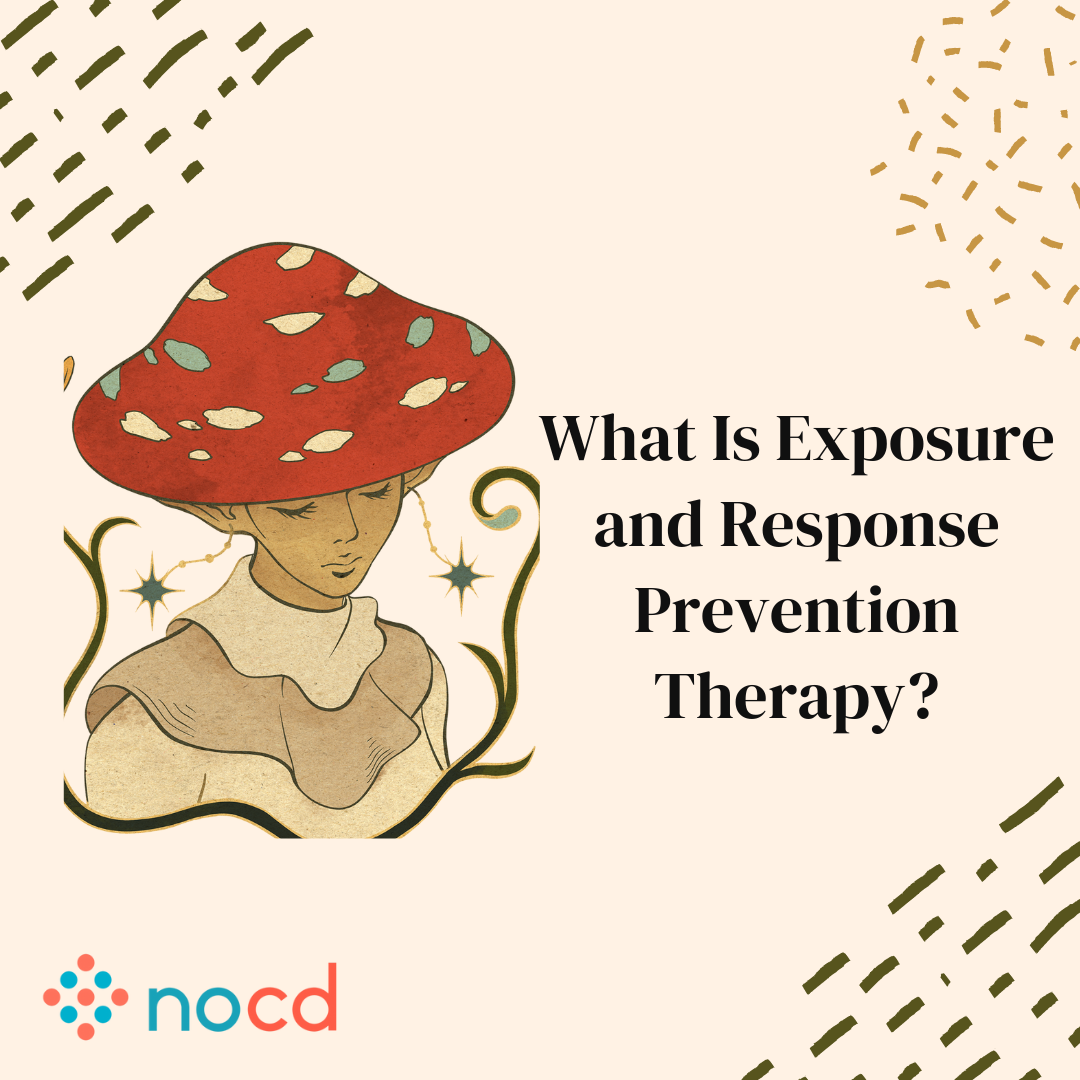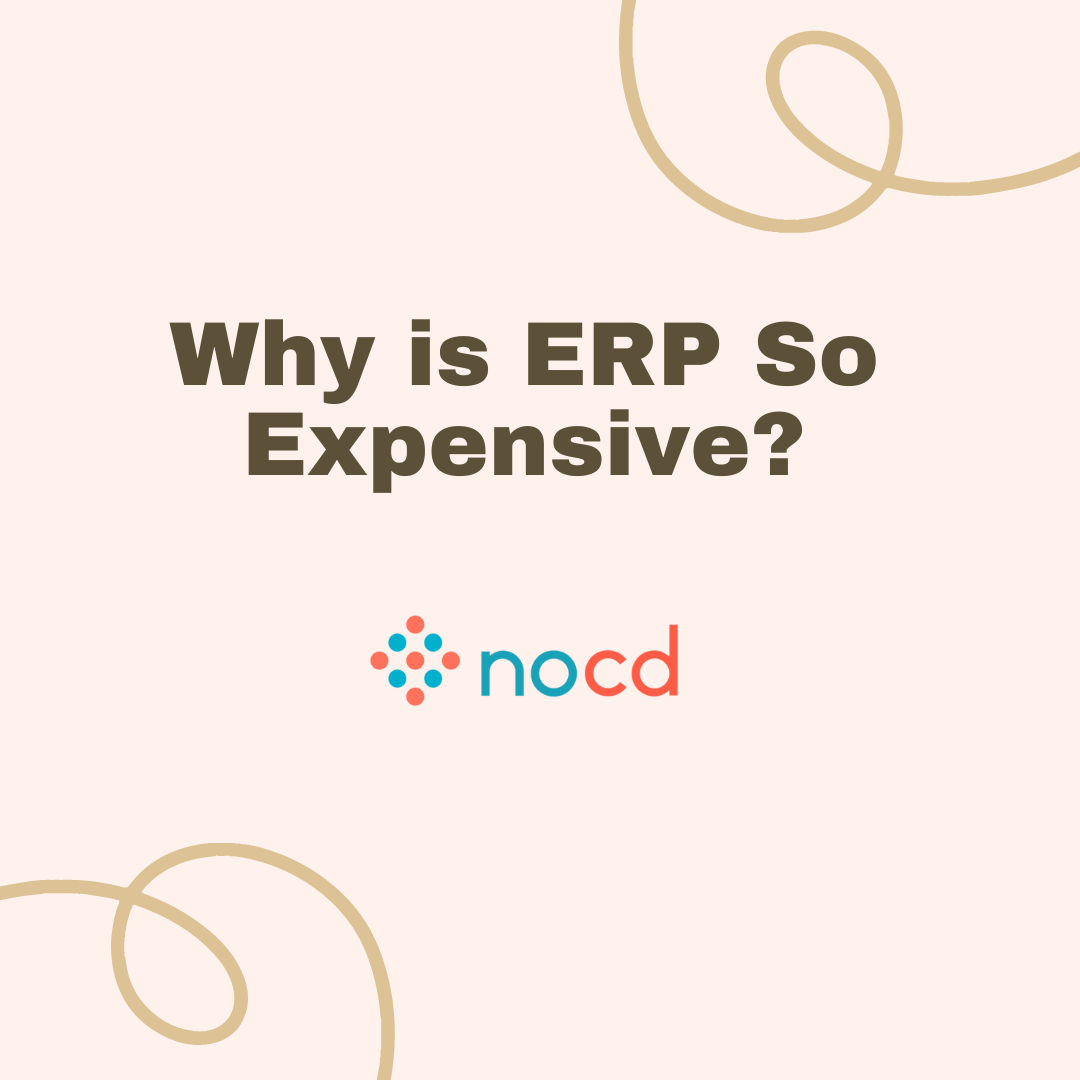Humans have always had the need to tell their stories. That’s no different in the blogging world either. Writing about our experiences is often a very therapeutic experience. This can be especially true when dealing with mental illness.
Here are a few of our favorite blogs about mental illness and mental health:
1. NAMI Blog
NAMI is a national organization that provides mental health support and resources. They also work to educate and empower those living with mental illness to live fulfilling lives. NAMI’s blog also reflects current events and how they shape our mental health. From a recent post written by a black woman experiencing anxiety during National Black History Month: “Naturally, I get excited when I can talk about my personal experiences to help people understand the bigger picture. However, as I started to write a title for this blog, I could feel my heart rate rise, my hands begin to jitter on the keyboard, and my chest tightening… I only recently started speaking out about generational trauma, racism, and being Black in America because, at times, the anxiety and fear can be too much to bear.”
Find the perfect therapist for you, with BetterHelp. If you don’t click with your first match, you can easily switch therapists. BetterHelp has over 20,000 licensed therapists who provide convenient and affordable online therapy. BetterHelp starts at $65 per week. Take a Free Online Assessment and get matched with the right therapist for you.
2. Time to Change
Time to Change isn’t just about blogging. They are part of a social media campaign to reduce the stigma around mental health and encourage honest conversations. Each blog post is written from a personal experience and includes categories on depression, anxiety, bipolar, and more. This is a great resource if you’re looking for a community.
3. Blurt
Sometimes, the best way to talk about depression is just to blurt it out. The team at Blurt knows this, and that’s why they’re encouraging you to talk about it. They’re a social enterprise dedicated to creating positive change, and they want you to know that they’re here for you.
From a recent blog post on active listening versus just hearing: “As with everything else in life, there’s no ‘one size fits all’ method for an effective conversation and we can’t assume that someone isn’t listening to us based on a generalized idea of what active listening looks like. Through getting to know people, we will learn how they prefer to communicate and we’ll learn to spot when they’re hearing, and when they’re actively listening.”
4. Bipolar Burble
Natasha Tracy is a writer and social media consultant who has been blogging about her bipolar diagnosis since 2003. She’s written multiple books about the subject, though she readily admits she is not a licensed professional. Still, mental health isn’t limited to just professionals.
Her blog topics range from talking about mental illness stigma to exaggerated emotional pain due to depression. “What I’ve noticed is that depression exaggerates emotional pain from other sources,” she writes. “For example, if you break up with your partner, depression is going to make you take it much harder than you otherwise would. Even something simple like a misunderstanding with a friend can feel like the end of the world with depression.”
5. The Mighty
If you want to hear more stories from people facing the same mental health issues you do, the Mighty is a good place to start. More than 5 thousand writers have contributed to their articles on issues like supporting a friend with PTSD or dealing with mental health issues around the holidays.
We particularly enjoy this article on mental health permission slips. Contributor Megan Griffith writes: “Basically, mental health permission slips are designed to give you permission to feel or think or do something that your brain is otherwise telling you is “wrong.” It helps if these permission slips come from an authority, like a therapist or someone going through the same thing you are.”
6. Beautiful Voyager
Meredith Arthur started this blog after being diagnosed with generalized anxiety disorder. “I’d been fighting migraines all of my life and had tried every medication and natural approach possible. I’d given up hope for improvement when my neurologist surprised me by saying: I know what’s causing your migraines. You have Generalized Anxiety Disorder.”
Beautiful Voyager is a “community and content space for overthinkers, perfectionists, and people pleasers.” It’s a curation of personal stories and essays from overthinkers all over the world. Topics include caring for grandparents during the pandemic or using radical honesty journaling.
7. Mind
Mind’s goal is to inspire and inform anyone living with a mental illness as well as campaign for services. Their Mind Blog is based in the UK, but their topics are universal. Blogs are submitted by users from all over the UK and feature issues like running for anxiety, coping with a mother’s suicide, and more.
One writer shared her story on accepting her sexuality through blogging: “I didn’t understand my own feelings. I knew that I was attracted to people regardless of their gender, but this went against everything I had been taught. I wasn’t even quite sure about where I fit in – the difference between the ‘gay world’ and the ‘straight world’ seemed very black and white, but I felt stuck somewhere in the middle.”
8. The Real Warriors
This blog wants those in the military to know that asking for help isn’t a sign of weakness, it’s a sign of strength. The Real Warriors is a campaign to encourage active military and veterans to seek mental care and break down the stigma surrounding issues like depression and PTSD, especially in the military.
Their Personal Stories section is written by service members across all branches. Topics include advice on how to seek treatment, understanding trauma, and more. We especially appreciated this PSA video on overcoming the stigma around receiving mental health care.
9. A Splintered Mind
If you struggle with keeping your thoughts in order, you likely will appreciate Douglas Cootey’s award-winning ADHD and depression blog. He’s been writing on his mental illness journey since 2005, something that he jokes about is amazing considering he has an attention deficit disorder. Humorous and honest, this is a good blog for anyone who needs to know they’re not alone or a good laugh.
“Sometimes I wonder if there’s a support group out there for adults with ADHD who have an open tabs addiction,” he writes in one post. “Hello, my name is Douglas Cootey, and I’m a hard-core tabs junkie.”
That isn’t to say his content is all about humor. In his latest blog post, he shares how useless well-meaning advice for depressed or suicidal people really is sometimes. A former bishop of his often changes the subject if he talks about his work or tells him he needs to stop letting his disability define him. “I’m sure he means well, but since I don’t recall him ever taking time to find out how my disability affected me in the first place, his advice is useless to me.”
10. My Brain’s Not Broken
Nathan started this blog in 2017 and hasn’t stopped writing about his journey ever since. He’s struggled with depression and mental illness since he was 19. After years of research, he made it his mission to create a place to share his story and hear from others.
Topics range from dealing with weather-induced mental health to the dangerous idea of “glamorizing” mental health. “I saw my depression as poetic, as necessary for my struggle. The more I lived with depression, the more I would be able to use this pain and do something noteworthy,” he writes. “We treat mental illness as something to overcome or a game to win. That creates an attitude that makes people feel like they need to ‘beat’ mental illness, but never to manage it.”
Help For Bipolar Disorder
Online Psychiarty For Bipolar Disorder – Talkiatry can match you with a real psychiatrist who takes your insurance and is seeing new patients. They’re in-network with major insurers and offer medication management. Most psychiatry visits cost patients $30 or less* Free Assessment
Talk Therapy – Get help from a licensed therapist that has expertise with bipolar. BetterHelp offers online therapy starting at $65 per week. Visit BetterHelp
*Includes copayment, deductible, coinsurance, and $0 Visits. Excludes no shows.
11. Project Energise
Sean is a mental health blogger who focuses primarily on anxiety and how to cope with it. Project Energise has guides, coping skills, and even mindful coloring sheets to download. Sean’s journey with anxiety started as a child; he describes being constantly worried his parents would die and would be distraught when they dropped him off at school.
This progressively got worse as he got older. College was a minefield for his anxiety; he struggled with finding purpose for months before finally having a panic attack. The experience made him realize how much he needed help. He started Project Energise to not only document his story, but share with others the lessons he’s learned.
12. Mental Health @ Home
Mental Health @ Home is written by former mental health nurse and pharmacist Ashley L. Peterson, who also struggles with treatment-resistant major depressive disorder. She uses her blog to showcase an honest, no-nonsense look at chronic mental illness. “It’s important to me that this blog is a safe space both for myself and for those who visit it, regardless of disability, gender, race, or any other characteristic,” she writes.
13. Hilary Jacobs Hendel
Hendel is a psychotherapist and author of “It’s Not Always Depression,” so you know her blog is full of practical and nurturing advice to get you through your mental illness. Hendel specifically works a lot of what she calls a “Change Triangle,” a map to finding your true self by acknowledging all your emotions.
Topics range from how to get a good cry when you know you need it to learn how to live with grief. Her recent post on loneliness feels particularly relevant right now: “Loneliness, like all feelings, is not static nor stuck, even though it might feel that way. Resist any self-defeating thoughts emanating from your loneliness that might dictate your next move. Like a good parent would do, validate your loneliness, give yourself compassion, and force yourself to do one small thing today that connects you to the world. Your future self will appreciate it.”
14. Bipolar Bandit
Michelle Clark is no stranger to depression and bipolar disorder. She suffered for weeks at a time in high school without knowing why or what she was feeling. Clark would miss weeks of school only to make it up within 2-3 days of returning. It took her years of hospitalizations to realize she was bipolar. Now, she works in mental illness activism and uses her platform to raise awareness about the stigma surrounding them.
She does that by blogging about things like why those with bipolar disorder don’t reach out for help, even if they need it. “They have reached out before and it made things worse because either they felt guilty afterward or the help they received was not beneficial…They are embarrassed…They are afraid they will be a burden.”
15. I’ve Got Your Back
This Quora blog by psychologist Anita Sanz is a little old, but the information there is still worthwhile. Her posts range from how to deal with the stress of the pandemic to how to handle anxiety in the middle of the night. She also answers questions on Quora from readers and even talks about why Robin Williams was depressed or whether or not Spongebob Squarepants is mentally ill.
Sanz isn’t just all pop-culture references though. While the blog seems to be a little inactive as of late, a post from 2018 still feels particularly relevant: “I am committed to not only surviving the frightening experience of transformation that is taking place, but I am also committed to helping as many people as I can to remain healthy and resilient while it is happening. It’s going to be important to have everyone here to help with the process of creating the new.”
16. Your Mental Health Pal
Your Mental Health Pal is a popular blog that breaks down the harmful stigma surrounding mental health concerns by raising awareness and contributing to educational efforts. The creators believe in a future in which everyone has access to a safe and secure place to discuss their mental health, contributing to an atmosphere that encourages recovery and improves overall well-being and quality of life.
17. The OCD Stories
The OCD Stories blog provides reliable yet heartfelt and sincere information about OCD symptoms, challenges, and treatment. Accompanied by a podcast, The OCD Stories is for anyone impacted by OCD, including individuals who suffer from OCD, as well as their families, friends, and loved ones. This mental health blog also provides information for therapists and researchers who work professionally in the field of OCD.
18. Wing of Madness
This is a blog about clinical depression, which is typically diagnosed as major depressive disorder. Clinical depression is a debilitating illness that affects one in five people, including children as well as adults. In 1995, Wing of Madness was created by a working mother from a family of journalists and editors. She leaned on her personal experience with depression, as well as her family’s love of writing, to help people identify their depression and urge them to seek help.
19. Love and Life Toolbox
The Love and Life Toolbox blog was created by Lisa Brookes Kift, MFT. It collects and shares the best materials for improving well-being, building self-esteem, boosting mental health, and maintaining healthy relationships. Its readers call the Toolbox “more than just a blog”—because it is! It also offers courses, an option for consultation services, and nearly endless content on a wide variety of topics.
20. The Art of Healing Trauma
Created by blogger and trauma survivor Heidi Hanson, The Art of Healing Trauma helps survivors develop effective self-therapy exercises and put them to use. Hanson’s impressive ability to write about PTSD provides readers with insight, clarity, comfort, and understanding. Examples of her posts include, “Flash Rage: Anger After Trauma is a Sign of Healing” and, “The 5-Step Self-Holding Exercise.”
21. The Anxiety Sisters
The Anxiety Sisters originated when the co-founders were in college, supporting each other through emerging panic episodes, anxiety-related stomach issues, phobias, and more. Since then, they have created this mental health awareness blog, including e-courses that help people better understand their anxiety. Their long-lasting friendship and hard-earned wisdom form the base upon which years’ worth of compelling mental health content has been built.
When to See a Therapist for Mental Health Concerns
After reading stories of those suffering from the same mental health concerns as you, you may decide you’re ready to see a therapist. If the thought is speaking to a therapist is intimidating or you don’t know how to find a therapist, an online therapist directory is a great place to start, as you can filter for professionals who specialize in your specific concerns. Remember, healing is a journey, and if these blogs are any reminder, you’re not alone.
Additional Resources
To help our readers take the next step in their mental health journey, Choosing Therapy has partnered with leaders in mental health and wellness. Choosing Therapy is compensated for marketing by the companies included below
Talk Therapy
Online-Therapy.com – Get support and guidance from a licensed therapist. Online-Therapy.com provides 45 minute weekly video sessions and unlimited text messaging with your therapist for only $64/week. Get started
Psychiatry, with you in mind
Talkiatry – Our Psychiatrists Can Diagnose Your Condition, Prescribe Medication, And Monitor Your Progress. Most psychiatry visits cost patients $30 or less* Free Assessment
Starting Therapy Newsletter
A free newsletter for those interested in learning about therapy and how to get the most benefits out of therapy. Get helpful tips and the latest information. Sign Up
DBT Skills Course
Jones Mindful Living Dialectical Behavior Therapy (DBT) is a popular treatment for BPD. Learn DBT skills with live weekly classes and online video courses for only $19 per month. Free One Week Trial
Choosing Therapy Directory
You can search for therapists by specialty, experience, insurance, or price, and location. Find a therapist today.
*Includes copayment, deductible, coinsurance, and $0 Visits. Excludes no shows.
For Further Reading
What Is Exposure and Response Prevention Therapy? ERP therapy alters OCD’s pattern by addressing both obsessions and compulsions. In ERP, an individual is encouraged to confront the stimuli that trigger distress related to their obsessions while also resisting the urge to perform compulsions in an attempt to reduce their distress.
Why is ERP So Expensive? There are hundreds of OCD tests and “OCD quizzes” online. Some aim to help people self-diagnose; others turn obsessive-compulsive disorder into a joke. Either way, a vast majority of these are not helpful and probably create more problems than solutions.
Find a therapist for bipolar disorder
Get the help you need from a therapist near you
City or zip Search




